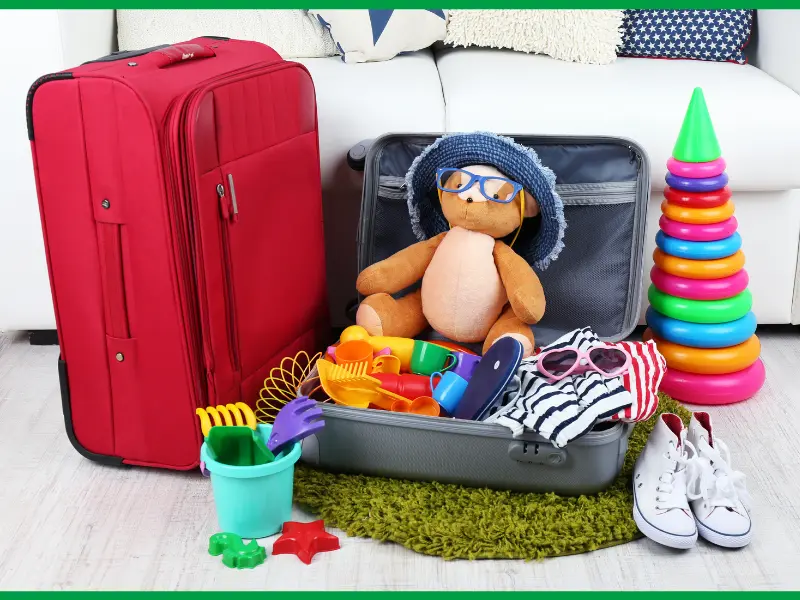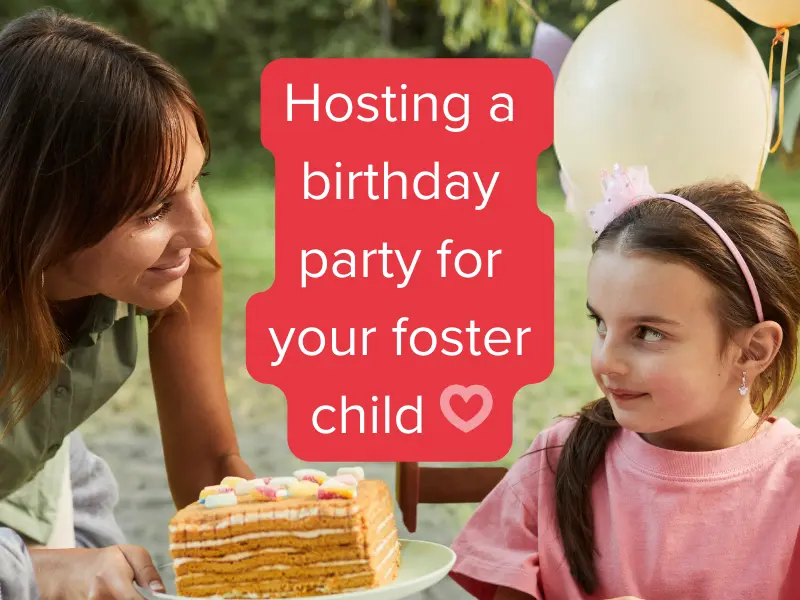5 Tips for Encouraging Children and Young People to Eat Healthy Food
Date published
11 September 2024
11 September 2024

Healthy eating habits are the cornerstone to a healthy lifestyle but this is often easier said than done and can be even harder for many children looked after. They may have come from a home where life was hard and junk food was the only option, maybe they have been the one responsible for feeding themselves or their siblings, or maybe food was infrequent, meals were few and far between and it was necessary to eat what was available, when it was available. It is hard enough to get children to eat the dreaded 5 a day but when food is a trigger this needs to be approached sensitively and not having expectations that this is going to happen overnight.
Here are some ways you can support your children and young people and help them to introduce healthy eating habits into their every day.
Children Looked After haven’t always had the best role models in their lives so a great place to start when creating new routines and building new habits is to lead by example and show them how you incorporate healthy eating into your life. Make it something that you can all do together. Whether that is set meal times around the dining table (when this is appropriate and works with the child’s needs) or just simply showing how interesting and enjoyable you find healthy meals. If children see you enjoying healthy foods they’re more likely to join in.
Involving your children in choosing, creating and making can help them feel part of the process. More importantly, involving children in preparing family meals will help with relationship building as you chat throughout the process and trust them to make decisions and undertake tasks.
Everything is easier when it is fun. Make healthy eating into a fun activity by creating colourful meals that are interesting to look at and fun to eat. Cutting fruit and vegetables into fun shapes can make food more interesting for children. If you are feeling adventurous (and prepared to commit to the long haul) you could start a small vegetable garden with the children and watch them get excited to grow, pick and eat their very own fruit and vegetables.
A great way of getting children excited about the food they are eating is to make it into a learning opportunity. Preparing food together can help them to learn more about the food they are eating and develop skills in preparing food. You can also explore the benefits of eating healthily and explain how these foods help their bodies grow, give them energy, and make them feel good.
As previously mentioned, some children looked after will not have had access or introduction to many different types of foods, so it is important to provide a variety of healthy options and allow children to choose what they like. Giving them control over their choices makes them feel more empowered to think about the foods they want and like as well as being encouraged to healthy food choices. If food is a particular trigger then consider taking them shopping with you each week and having them choose a fruit or vegetable that they will try that week. This will help to slowly introduce new foods without the pressure of having too much to think about.
As always if you have any questions or are unsure about ways to introduce new foods to children with traumatic pasts where food is a trigger you should reach out to your Supervising Social Worker and attend your local support group. Remember this may not be as straightforward as popping a banana in a lunch box and seeing if it gets eaten so speak to the support network around you for ideas and advice.
Advice
11 September 2024

Preparations are underway for the start of the new school year. This time of transition brings with it lots of changes and new experiences as children and young people head back to new classes, new teachers, new routines and even new schools. Here is a little insight into some ways school can be different for Children Looked After and how you can and will be involved.

We are often asked if foster children can be taken on family holidays with their foster carers. The short answer to this is yes. Taking a foster child on holiday can be a rewarding and enriching experience for everyone involved. Although the process of taking a foster child away may not be as simple as it is for your birth children, taking foster children on holiday is not uncommon.

Many challenges can be encountered when a new foster child moves into your home, but sometimes these challenges can result in the happiest experience. A foster child can join your family at any time and when a birthday is just around the corner this can potentially be difficult to discuss. You might feel unsure whether celebrating was something usual for the child or a potentially emotional time.
Get in touch today for a casual, friendly chat with our experienced foster advisors.
Contact us
